I am running a node server with the firebase admin sdk. However, everytime I try to send a push notification from the server, I get a 401 error.
Here's the exact error I'm getting:
errorInfo: {
code: 'messaging/authentication-error',
message: 'An error occurred when trying to authenticate to the FCM servers. Make sure the credential used to authenticate this SDK has the proper permissions. See https://firebase.google.com/docs/admin/setup for setup instructions. Raw server response: "<HTML>\n' +
'<HEAD>\n' +
'<TITLE>PROJECT_NOT_PERMITTED</TITLE>\n' +
'</HEAD>\n' +
'<BODY BGCOLOR="#FFFFFF" TEXT="#000000">\n' +
'<H1>PROJECT_NOT_PERMITTED</H1>\n' +
'<H2>Error 401</H2>\n' +
'</BODY>\n' +
'</HTML>\n' +
'". Status code: 401.'
},
codePrefix: 'messaging'
I'm not exactly sure why I don't have permissions to the project. I have setup my service account, and downloaded the .json file. I even went into the gcloud platform and tried to add any permission that looked correct. Below are all the permissions associated with my service account:
I am running the server locally, and initialized the app like this:
const admin = require('firebase-admin');
const messaging = require('firebase-admin/messaging');
const serviceAccount = require('<path-to-key>');
const fbApp = admin.initializeApp({
credential: admin.credential.cert(serviceAccount),
projectId: '<PROJECT_ID>',
databaseURL: '<DB_URL>'
});
I am not sure what else to do as I've looked through the v1 documentation multiple times and still don't have any clue as to what permissions I'm lacking. I even made sure to "firebase login" into the correct google account to see if that could've been an issue.
Here's my code to send a message:
const sendPushNotifications2 = async (topic, reminder) => {
const payload = genPayload2(reminder);
//await messaging.getMessaging(fbApp).sendToTopic(topic, payload);
await admin.messaging(fbApp).sendToTopic(topic, payload);
};
I have verified the client_id, client_email, and private_key_id values in the .json file. I haven't yet verified the private_key property because I'm not sure where to find it.

